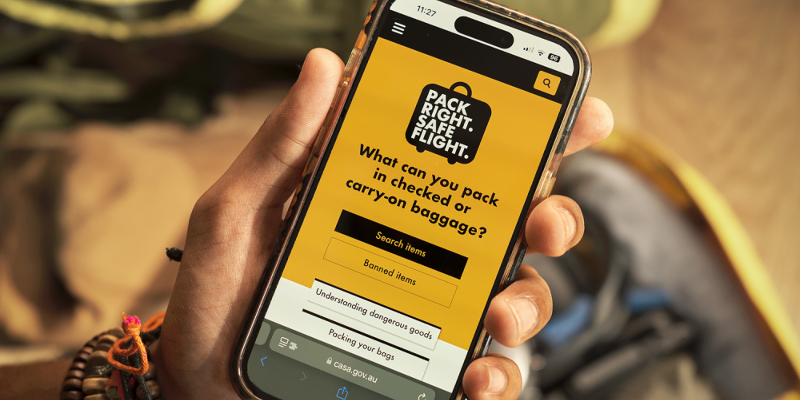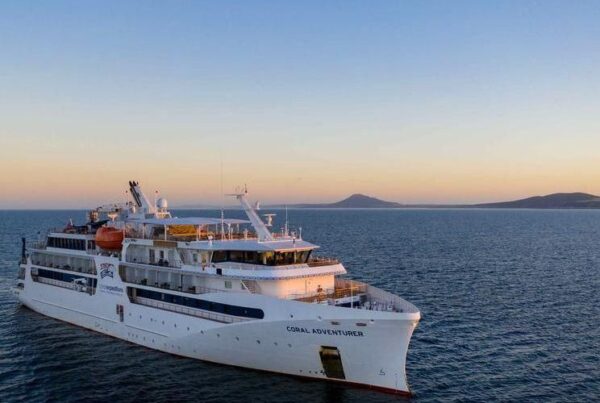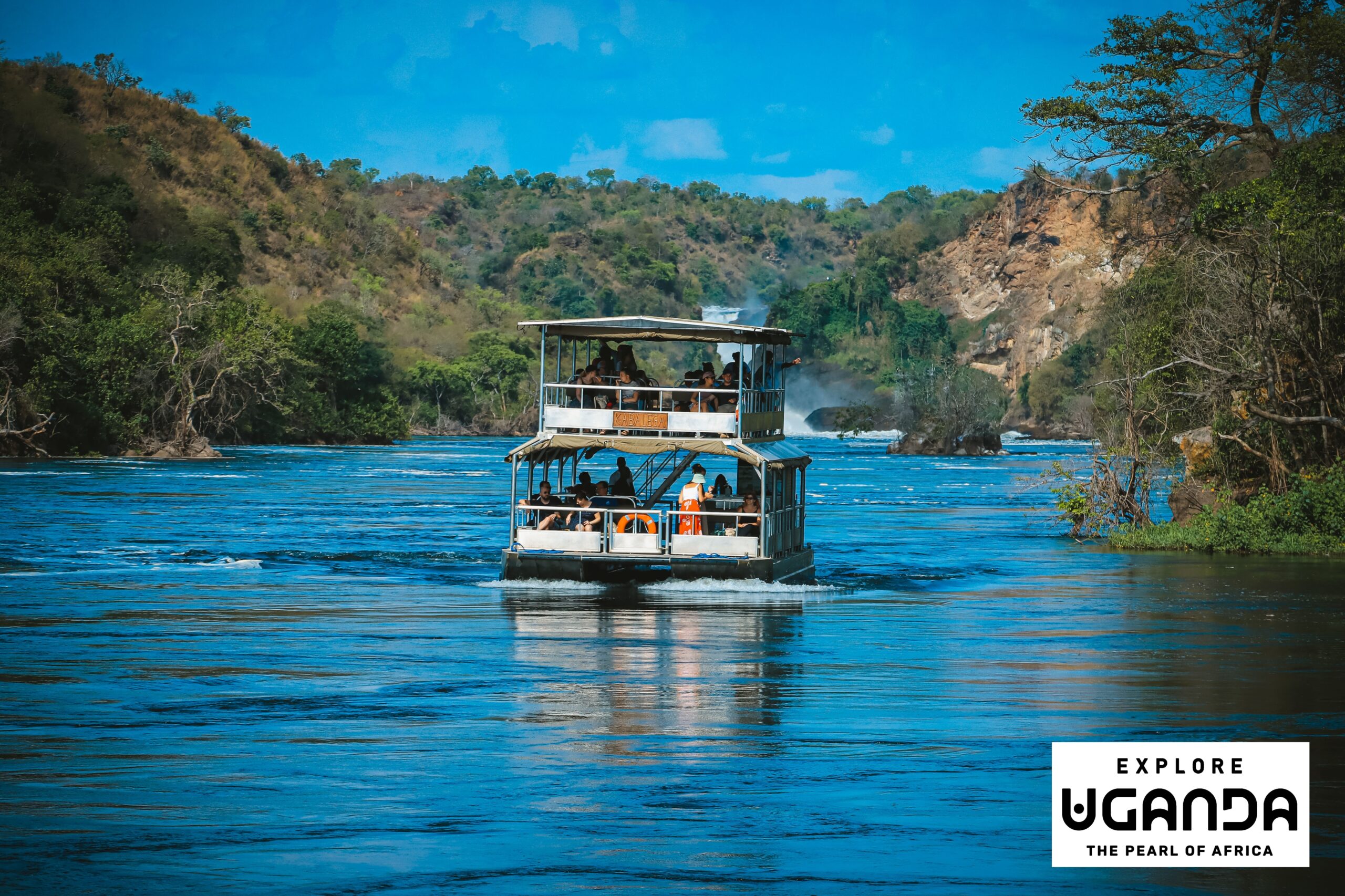Air travellers are being urged to pack power banks and spare batteries in their carry-on as part of an increased focus on reducing in-flight safety risks and travel disruptions.
The new Pack Right. Safe Flight campaign has been launched by the Civil Aviation Safety Authority (CASA). It aims to help airline passengers understand what they can and can’t pack, and whether to pack items in carry-on or checked luggage.
Pip Spence, CASA CEO and Director of Aviation Safety, said it was important passengers planned and followed airline guidance when packing their bags.
“The average passenger now travels with at least four lithium battery devices,” said Ms Spence.
“Sometimes power banks and spare batteries can short circuit and catch fire. Carrying them with you in the cabin means that trained aircrew can handle any issue quickly and safely.
“We’re working with industry partners to look at opportunities to promote the importance of packing right at all stages of the travelling experience – from booking to boarding.”
Emma Wilson, Airlines for Australia and New Zealand (A4ANZ) Chief Executive Officer, said airlines welcomed the new resources and information to help air travellers do the right thing.
“Many passengers aren’t aware that common household items, like power banks, vapes and aerosols, are dangerous goods and that there may be restrictions on how they are packed and carried on board,” said Ms Wilson.
Passengers can check the packing rules for specific items by visiting casa.gov.au/packright. The website also includes guidance to help you figure out what is and isn’t allowed, and how to pack items safely.
CASA will be conducting checks, inspections and audits of airlines and other aviation operations over the holiday period to ensure high safety standards are being maintained.
There are penalties for travellers who break the air safety rules, which can include fines of more than $15,000 and in serious cases imprisonment.









